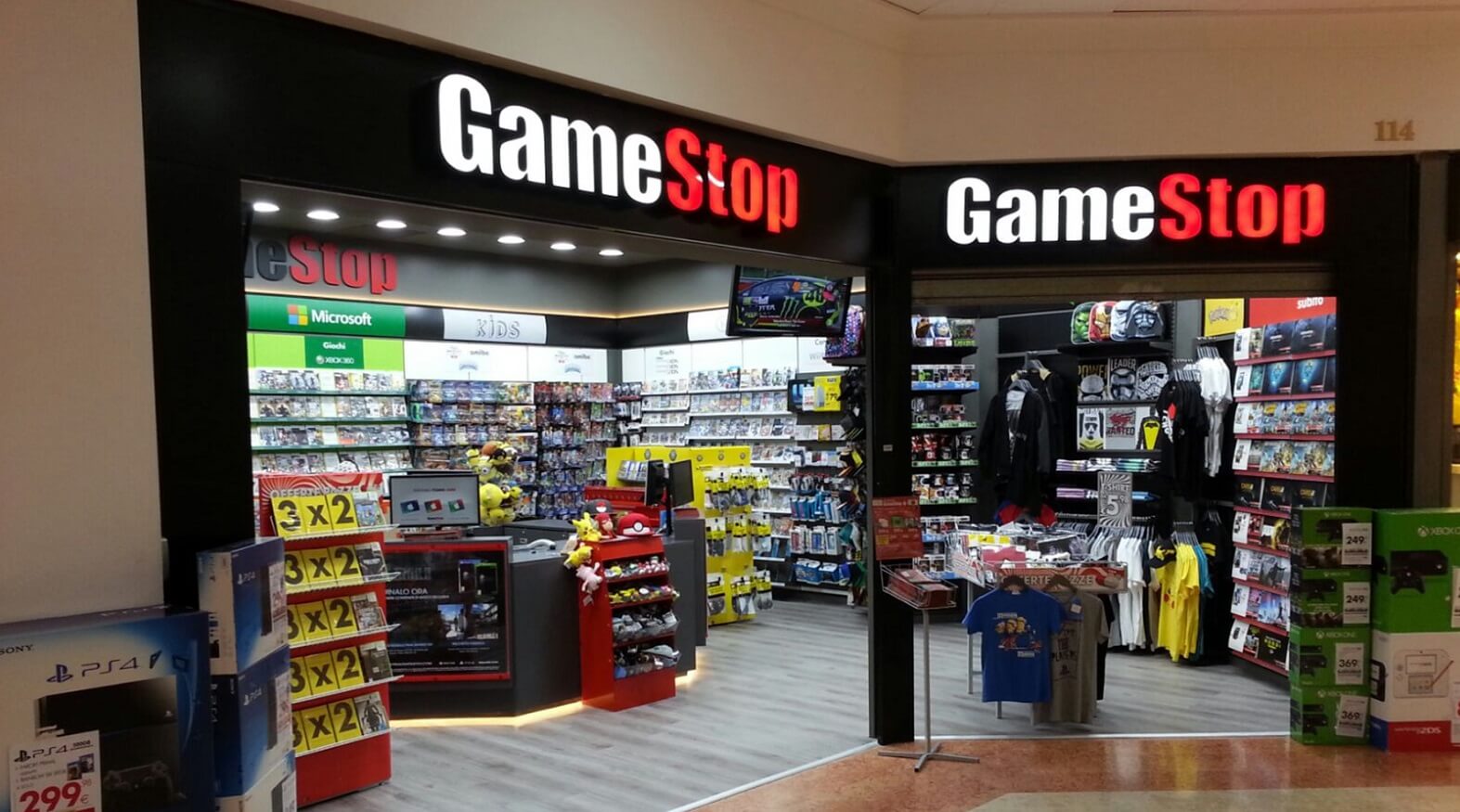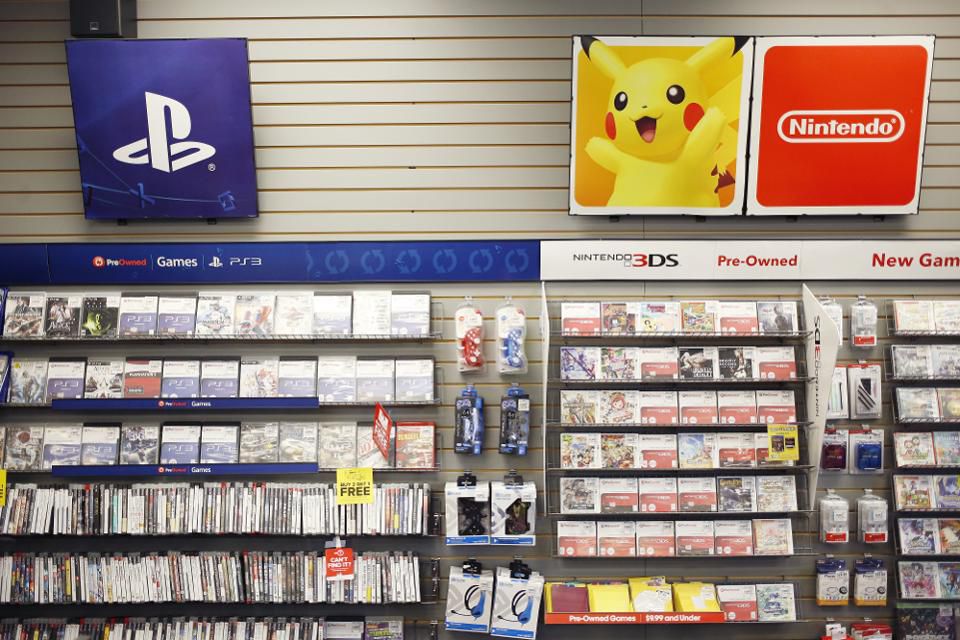GameStop recently made an announcement signifying the company’s commitment both to not fading from existence and ensuring it remains an important part of gamer culture by creating “cultural gaming experiences.”
It’s no secret the retail chain hasn’t been doing well in recent years. The rise of digital gaming drew customers away from stores, a situation worsened by decisions like Sony’s to take greater control of its digital offerings by removing them from storefronts anyway.
That, combined with retail decisions that tended to alienate consumers, gave many cause to believe the company might close its doors for good.
However, that’s not quite the case — at least, not yet. GameStop is partnering with consumer innovation firm R/GA to provide new experiences that “make gaming culture part of every neighborhood.”
What that translates to in daily life and business is actually quite a few different things. For one, GameStop plans to develop stores offering competitive play and “home-grown e-Leagues,” along with shops designed specifically with retro play and gamers in mind, all in an effort to provide experiences consumers can’t find anywhere else.
These experiences will center around four main areas R/GA helped GameStop identify: immersion, achievement, creativity, and community.
If this sounds rather heavy on marketing speak, that’s because the announcement smacks of being geared toward investors. After all, most consumers wouldn’t feel inspired to shop at a store after hearing a phrase describing them like this one:
This consumer believes gaming is the most immersive, most challenging, most creative and most inclusive form of entertainment and vibrant storytelling available, and in many cases is an important facet of their identity.
Still, retail stores turning to experiences as a way of attracting and retaining customers is a growing trend in the age of internet shopping.
Even if its press release phrasing is slightly questionable, GameStop certainly has the resources to turn itself around by pursuing this new model — including a near-monopoly on affordable retro gaming and a good many retail locations already.








Published: Jul 16, 2019 09:06 pm